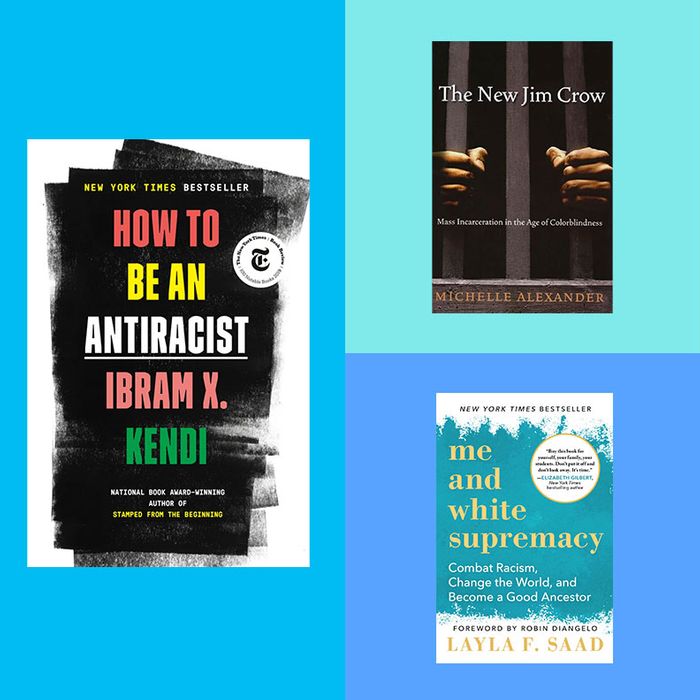I posted this on Instagram a few days ago, but I wanted to create a blog post to go more in depth into the current events. Not many people know this about me, but I grew up in a conservative Christian community. Yes, a community that has struggled with the #blacklivesmatter movement, viewing it in a negative light. In college, I was forced to question almost everything I knew when I took an ethnic studies class.
In K-12 we are told this romanticized story of how Hawaii became a part of the U.S. But did you know that our government banned Hawaiians from learning their OWN language in schools for almost a century? Study our history and you’ll see how countless of groups have had their voices stolen because of their identity. It is 2020, and it so disturbing how we have watched the voice and life of George Floyd PHYSICALLY taken away. Looking at our history and current events, you cannot deny that there is systemic racism in our government. You cannot deny that this systemic racism is perpetuated through racist individuals today. #blacklivesmatter is not a movement saying that black lives are more important than others. Obviously, every single life is important. Rather, it is a movement that seeks to address and end the systemic racism that has been present in our country for far too long.
If you are unsure about what to do or believe, I encourage you to educate yourself. Ask the hard questions and discover the truth for yourself. Educate your family and friends. Because with education comes action, and with action comes change.
If you want to become educated about systemic racism and the #blacklivesmatter movement, start here:
What is systemic racism?
Systemic racism refers to the racist and discriminatory policies that were/are put in place by our government and institutions. One of the main goals of these policies were to advance white Americans at the expense of opportunities given to black Americans and other racial/ethnic groups. These include the Jim Crow laws that enforced segregation in the southern U.S. and the Chinese Exclusion Act, which prohibited the immigration of only Chinese people and not white Europeans. Although the government has abolished some of these racist policies, their negative impact on black and other racial/ethnic communities is seen in all facets of society today. This includes “wealth, income, criminal justice, employment, housing, health care, political power and education” (Wikipedia).
Watch this Youtube video on how systemic racism works:
Want proof of systemic racism in our government? Here are some examples of racist laws in America.
Click here to read about the racist laws in America and how they have limited opportunities to POC.
I just want to point out how crazy it is that in school, we are not taught about all of these discriminatory laws and how they still have a negative impact on our society today. Think about it. If the government is passing laws that imply that POC are inferior and bad, its citizens may use this as justification to inflict racism on others. This mindset is then passed down with each generation. It ties back to my point earlier on how systemic racism in our institution is perpetuated by racist individuals.
I truly believe that there needs to be more transparency of racism in America’s history in our education at a young age. Through proper education, people will understand why social disparities exist and how our government needs to repair the negative effects of its systemic racism.
Here is another link to more resources on racially unjust laws in America.
I encourage you to think about and research how these laws contribute to the disparities in our nation’s economy, healthcare, criminal justice system, etc.

How is systemic racism connected to the criminal justice system?
Read this Vera article for an overview of America’s history with race and prison. This is a great resource for understanding the laws and events that contributed to black folks being been targeted and criminalized throughout America’s history.
View these statistics on police violence.
What is the mission of Black Lives Matter?
From the Black Lives Matter website:
“Four years ago, what is now known as the Black Lives Matter Global Network began to organize. It started out as a chapter-based, member-led organization whose mission was to build local power and to intervene when violence was inflicted on Black communities by the state and vigilantes. In the years since, we’ve committed to struggling together and to imagining and creating a world free of anti-Blackness, where every Black person has the social, economic, and political power to thrive.”
Black Lives Matters is a movement to end systemic racism against black people in our country and its institutions.
But don’t ALL lives matter?
“Black Lives Matter doesn’t mean your life isn’t important – it means that Black lives, which are seen as without value within White supremacy, are important to your liberation. Given the disproportionate impact state violence has on Black lives, we understand that when Black people in this country get free, the benefits will be wide-reaching and transformative for society as a whole. When we are able to end the hyper-criminalization and sexualization of Black people and end the poverty, control and surveillance of Black people, every single person in this world has a better shot at getting and staying free. When Black people get free, everybody gets free.”
Alicia Garza, founder of the Black Lives Matter movement
#BlackLivesMatter
— jite (@JlTEAGEGE) July 7, 2016
the next time u wanna say “all lives matter*” understand what the movement is actually about pic.twitter.com/t6PiY32uc7
Obviously, all lives are important. However, ending systemic racism against black people will inevitably lead to justice and equality for all ethnic and racial groups. This is like how the civil rights movement, which was organized by African Americans, ended legalized racial discrimination against ALL races.
Here are 7 ways you can join the fight to end systemic racism.
1. Continue to educate yourself and others
– Watch documentaries/films on BLM and anti-racism
– Read anti-racism books. Here are 12 anti-racism book recommendations from educators and activists

– More educational resources on blacklivesmatters.cardd.co

2. Sign petitions to hold the police involved with police brutality incidents accountable.
*Note: it’s recommended that we do not donate to change.org because the money goes to website instead of the organizations/organizers themselves.
More petitions listed on blacklivesmatters.cardd.co
More petitions listed on this helpful Google doc
3. Donate to the victims, protesters, black owned businesses, and anti-racism organizations if you can.
*Note: it’s recommended that we do not donate to change.org because the money goes to website instead of the organizations/organizers themselves.
List of places to donate by blacklivesmatters.cardd.co
More places to donate listed on this helpful Google doc

4. Donate with no money by having this Youtube playlist in the background.
Creators will be donating the money generated from ad revenue to support BLM. Make sure to have ad-block turned off!
5. Text, call, or email representatives urging them to hold uncharged officers accountable for their actions.
Complete list of contact information on blacklivesmatters.cardd.co

6. Vote
7. Protest if you can. Read this article for protest safety tips.
In the end, we will remember not the words of our enemies, but the silence of our friends. – Martin Luther King Jr.














